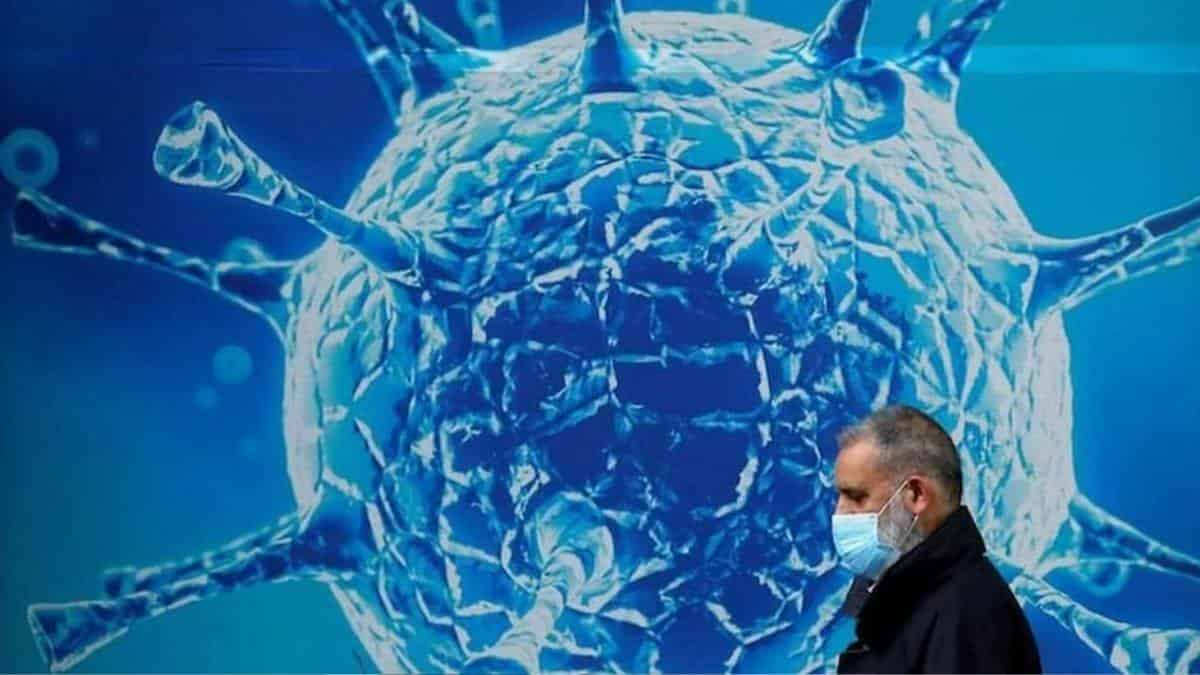WHO Names New African Variant ‘Omicron’: What We Know, Recommendations, and India’s Position

The globe raced Friday to control a new coronavirus variety – B.1.1.529 – perhaps more lethal than the one that has spurred unrelenting waves of infection on nearly every continent nearly two years after the Covid-19 epidemic began. The variety was given the name “omicron” by a World Health Organization panel, and it was categorised as a highly transmissible virus of concern, the same category as the prevalent delta version, which continues to be a plague in Europe and portions of the United States.
The true dangers of Omicron remain unknown. However, early research suggests it has a higher risk of reinfection than other highly transmissible variations, according to the WHO. That means that persons who have previously contracted Covid-19 and recovered may be at risk of contracting it again.
It could take weeks to find out if existing immunizations are less effective.
As a number of nations, including the United States, Canada, and Russia, impose travel restrictions on people from the region, here is what the world’s leading health organisation, the World Health Organization, has stated so far about the variant:
• On November 26, a WHO panel called the Technical Advisory Group on SARS-CoV-2 Virus Evolution met again to analyse this novel Covid-19 strain named after a letter in the Greek alphabet.
• The World Health Organization (WHO) has seen a sharp increase in the number of cases reported in South Africa. The number of new confirmed cases each day in the region has risen to 2,465 on Thursday, up from slightly over 200 in prior weeks. Scientists investigated virus samples from the outbreak and discovered the new type while trying to figure out why there was such a dramatic increase in cases. According to the study, the first verified B.1.1.529 infection was discovered in a specimen obtained on November 9, 2021.
• The variant features a huge number of mutations, some of which are problematic, according to the WHO, who also stated that preliminary information suggests that this variant has a higher risk of reinfection than other ‘Variants of Concerns.’
• Cases of this variety appear to be on the rise in practically all of South Africa’s provinces. This variation is still detected by current SARS-CoV-2 PCR diagnostics. Several labs have reported that one of the three target genes is not found in one widely used PCR test (known as S gene dropout or S gene target failure), and that this test can thus be used as a marker for this variant pending sequencing confirmation.
According to the WHO, this variety has been found at faster rates than past outbreaks, implying that it may have a growth advantage.
• In the aftermath of this heinous discovery, the commission has suggested a slew of actions for countries to take:
‣ To better understand circulating SARS-CoV-2 mutations, increase monitoring and sequencing activities.
‣ Complete genome sequences and accompanying metadata should be submitted to a publicly accessible database like GISAID. The GISAID is a global research project and main source that was established in 2008 to enable free access to influenza virus and COVID-19 coronavirus genomic data. On January 10, 2020, the first SARS-CoV-2 whole-genome sequences were made available on GISAID, allowing for worldwide pandemic responses such as the production of the first vaccinations and diagnostic tests to detect SARS-CoV-2.
‣ Initial cases/clusters of VOC infection should be reported to WHO via the IHR process. The International Health Regulations (IHR) are an international legal instrument that binds 196 countries, including the 194 WHO Member States. The IHR arose from the need to combat terrible epidemics that formerly ravaged Europe.
Perform field investigations and laboratory assessments to improve understanding of the potential impacts of the VOC on COVID-19 epidemiology, severity, effectiveness of public health and social measures, diagnostic methods, immune responses, antibody neutralisation, or other relevant characteristics where capacity exists and in coordination with the international community. The presence of the variant has yet to be found in India, according to the INSACOG, a collaboration of government institutions active in coronavirus genome sequencing. According to reports, the specialists convened on Friday to discuss the country’s genome sequencing efforts.
• What the panel recommends you do:
Individuals should use proven public health and social measures to reduce their risk of COVID-19, such as wearing well-fitting masks, hand hygiene, physical distancing, improving indoor ventilation, avoiding crowded spaces, and getting vaccinated, according to the WHO in its public health advisory following the variant’s discovery. Since the beginning of the pandemic, India has mandated mask use in public and physical separation to reduce cases. The panel also stated that it will continue to assess the variant and, if necessary, publish any latest findings to member states and the general public.

